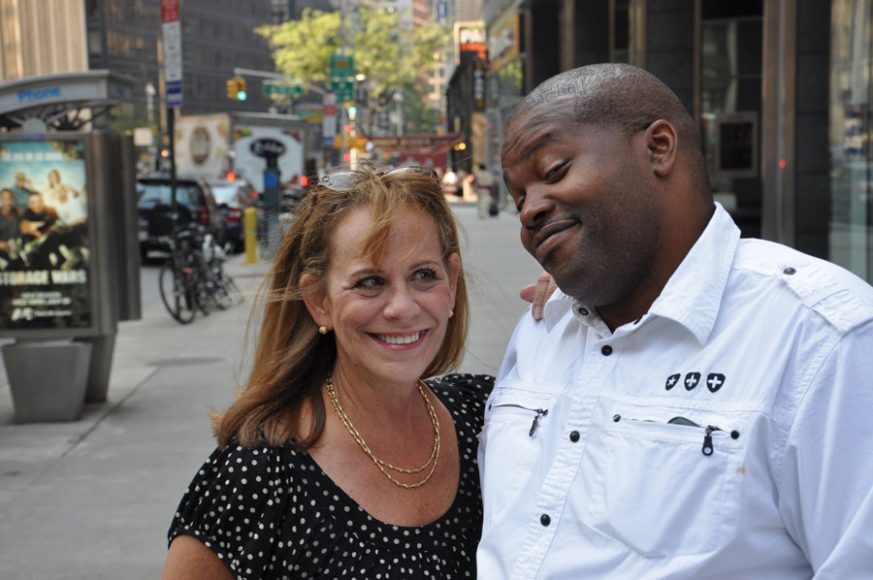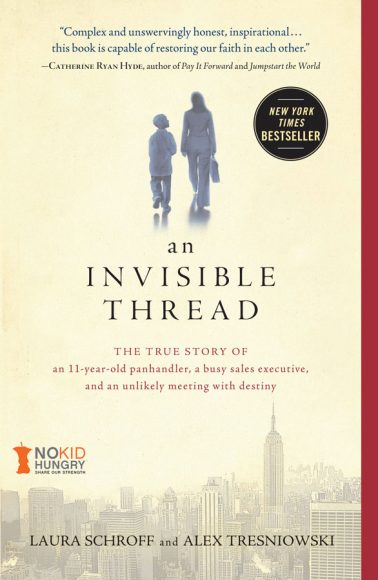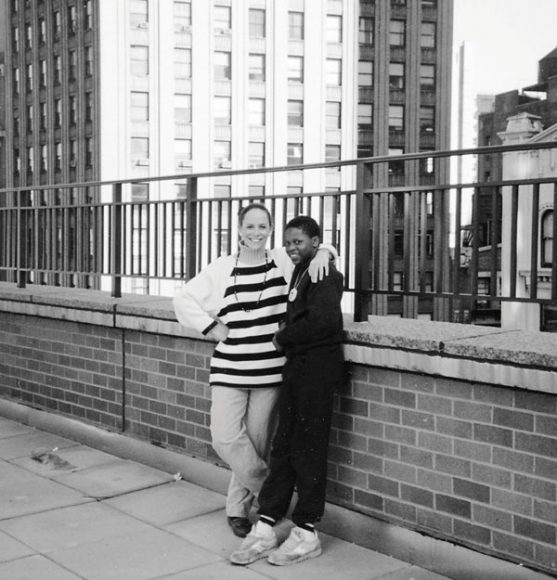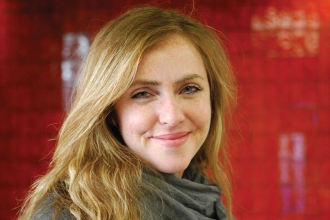Maurice Mazyck has lived an accomplished life.
He’s been research director for a college program called the Fatherhood Initiative, a spokesman for the Male Development Program at Medgar Evers College in Brooklyn, founder of his own construction firm and father to seven thriving children. But most impressive, you might argue, is that he’s been a survivor.
Against all odds, Mazyck survived a childhood of neglect, violence and poverty in a family fueled by drugs and chaos. But a desire for something more — and a chance encounter at a young age — helped Mazyck break free of the trap he was born into.
White Plains resident Laura Schroff is a former advertising executive who grew up in a family of six on Long Island then moved to Manhattan for a career-driven life working for companies such as Time Inc., Condé Nast, USA Today and People magazine.
Though Mazyck and Schroff lived a mere two blocks apart in 1986, their worlds could not have been more different.
Back then, 11-year-old Mazyck had an instinct to survive driven by the only constant in his life — hunger. That hunger often spurred him to panhandle on the busy sidewalks of Manhattan. On one of those occasions, he caught Schroff’s attention and the trajectory of his life changed forever.
“An Invisible Thread” (Simon & Schuster, 2011) — which Schroff wrote with Alex Tresniowski, a former senior writer for People magazine — is the true story of her encounter with Mazyck, their unlikely friendship and the difference one small act of kindness can make in a life. This coming May, the book will be adapted for young readers. It’s an inspirational story.
As Schroff made her way through a bustling midtown that day, Mazyck — homeless and hungry again — begged her for change.
She walked right on by.
Initially to Schroff, Mazyck seemed like “the kind of nuisance New Yorkers learn to tune out,” she wrote of their initial meeting. But, as she continued to walk away, her mind suddenly registered his young age and heartbreaking words: “I’m hungry,” he had said. She stopped in her tracks. It was a turning point for both of them.
“Stopping was never part of the plan,” she writes. But she felt compelled to return to the boy and feels now that she was driven by something unexplainable that bound them to each other, an invisible thread.
Schroff took Mazyck to McDonald’s. That day turned into every Monday. Soon, their weekly
meetings led to more. In one of the book’s most touching moments, Schroff asked Mazyck if she might give him money for food every week. He told her he didn’t want her money but asked if she would mind packing him brown paper bag lunches for school. To Mazyck, kids who had brown paper bag lunches were loved. Bringing something homemade would show his schoolmates someone cared about him.
Moments like that enriched and defined both of their lives over the years, teaching Mazyck how to be a tender, responsible young man and Schroff how to be a nurturing, important presence to an impressionable child.
In the closing of the book, Mazyck said it best himself. “I know ‘An Invisible Thread’ is about an unusual friendship between two different people, but I think it is about much more than that. It is about a mother longing for a child and a child longing for a mother.”
That was in evidence at Schroff’s 50th birthday party at The Westchester Country Club in Rye. Mazyck delivered a heartfelt toast, telling her he believed God had sent him an angel.
While recounting Mazyck’s story in the book, Schroff weaves in pieces of her own. She writes about her father’s abuse as well as her brother’s and mother’s untimely deaths. Readers get the sense that Mazyck and Schroff really saved each other.
And, in saving each other, they made a connection we may all find if we just open our hearts and choose to be kind.
“An Invisible Thread: The True Story of an 11-Year-Old Panhandler, a Busy Sales Executive and an Unlikely Meeting With Destiny” is available at amazon.com. For more, visit lauraschroff.com.







